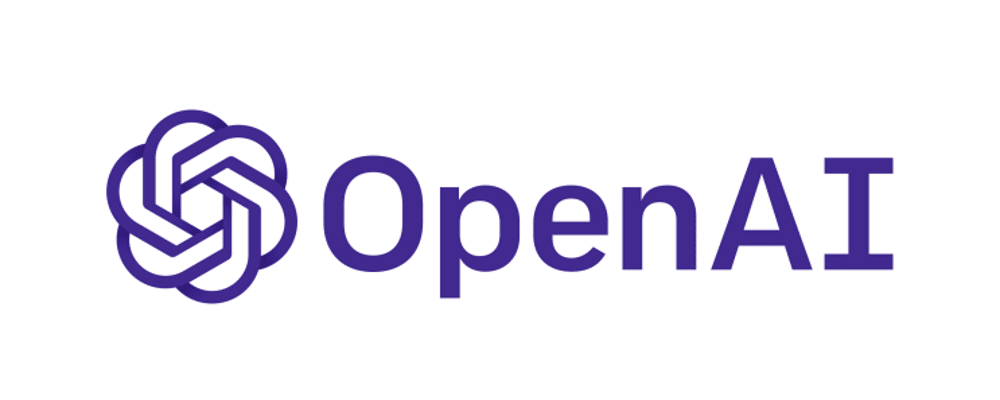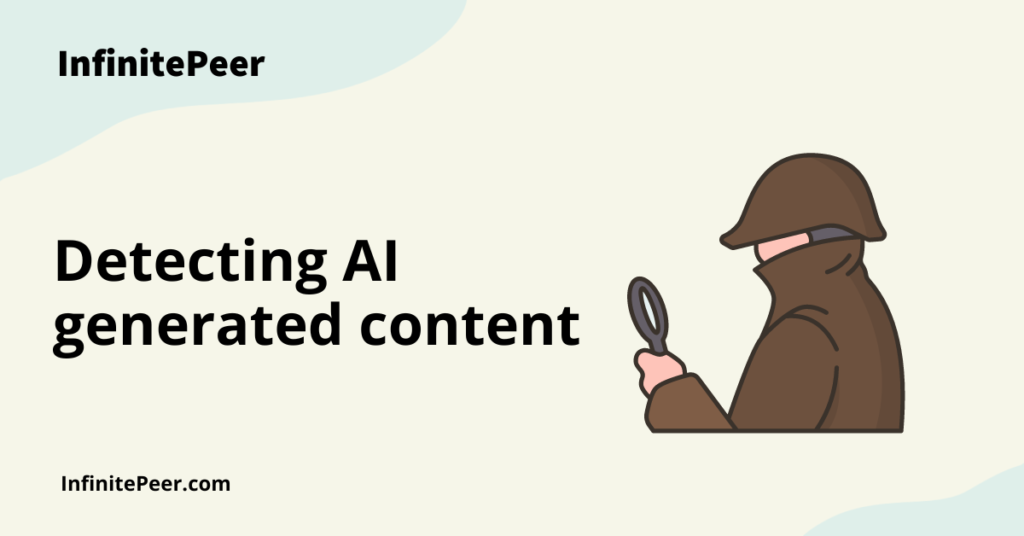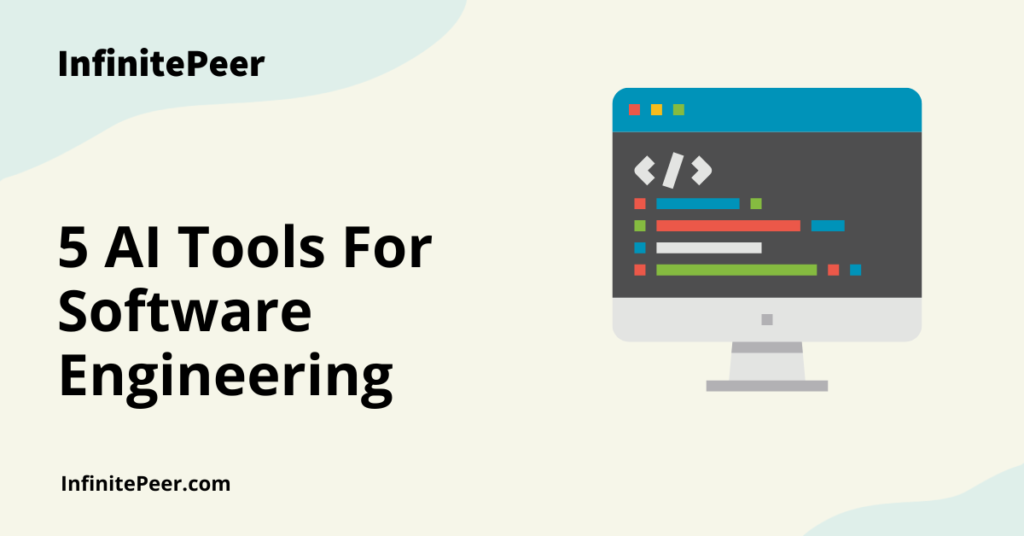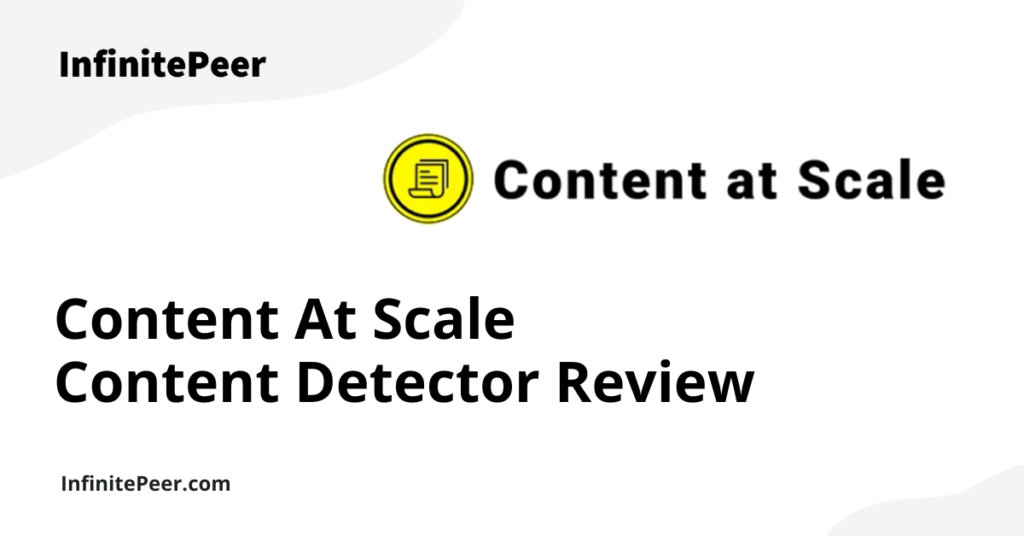If you’re reading this blog, you’ve probably already heard the name OpenAI and know quite a bit about its founders, Sam Altman and Elon Musk.
At its core, OpenAI’s mission is to ensure that AI systems are safe and beneficial for humanity as a whole.
This means looking at things like how AI affects employment numbers or whether it can be used for evil by malicious actors. The goal is to create an environment where everyone can benefit from AI without worrying about losing their job because an algorithm can do it better or being attacked by an automated weapon system that’s been turned against us by someone with nefarious intentions.
OpenAI was founded with transparency and the greater good of humanity in mind, but six years later, have these lofty goals been achieved?
What is OpenAI?
OpenAI was launched in 2015 as a non-profit organization whose main goal was to be the first organization to develop artificial general intelligence (AGI) – technology that can learn any intellectual task that a human being can. The goal was not to build this technology for financial gain but to ensure this extremely powerful technology was built in a safe manner that would benefit all of us.
“The creation of beneficial AGI will be the most important technological development in human history, with the potential to shape the trajectory of humanity,” says Greg Brockman, Chief Technology Officer at OpenAI.
Given the vast power OpenAI’s founders saw in AGI, they felt it necessary to create a not-for-profit organization, that would “prioritize a good outcome for all over its own self-interest,” as they stated in their public announcement on December 11, 2015.
OpenAI’s founding team in itself created a huge splash when the organization was launched, including Sam Altman of YCombinator, Elon Musk and Peter Thiel of PayPayl. The initial investment of $1B coming from the founding team rocked tech headlines at launch.
That said, OpenAI has most recently been in the press for the tech they’ve developed: GPT-3 (text generation) and DALL-E (image generation).
What do Altman and Musk have to say about OpenAI?
According to Musk, OpenAI aimed to “develop artificial intelligence and apply it to [OpenAI’s] significant goals, such as bringing benefits to all humanity and not being bound by the requirements to generate financial profit.”
Altman feels that AI has a lot of potential to better humanity. He believes AI will generate enough income in less than ten years to pay every adult $13,500 a year. “My work at OpenAI reminds me every day about the magnitude of the socioeconomic change that is coming sooner than most people believe, Software that can think and learn will do more and more of the work that people now do.”
OpenAI’s mission and guiding philosophy
OpenAI’s main objective is to be the first to develop artificial general intelligence and ensure that it benefits humanity as a whole. It aims to build safe and effective AGI, but they would consider their mission complete if their efforts assist others in accomplishing the same goal.
OpenAI wants to ensure that this type of technology is created safely and that its benefits are dispersed fairly around the world.
Some key principles in their philosophy are:
- The organization is committed to preventing any misuse of AI or AGI that damages humanity or concentrates power too much.
- They wanted to conduct the research required to make AGI safe and to push the AI community to widely adopt such research.
- OpenAI must be at the forefront of AI capabilities to be effective in addressing the impact of AGI on society; policy and security advocacy alone will not suffice.
- They will actively collaborate with other research and policy institutes to build a worldwide community that will work together to address the global concerns posed by AGI.
- They are dedicated to providing public goods that assist individuals in their journey to AGI.
Despite the humanity-driven mission and clear philosophy, a lot of AI experts are asking: can we rely on them to keep their pledge and focus on developing AI for the benefit of humanity?
The Future of OpenAI
More recent events call into question the ability of OpenAI to truly operate as a not-for-profit entity, with humanitarian goals.
In 2019, OpenAI’s founders created OpenAI LP, a “hybrid of a for-profit and nonprofit” per their March 11, 2019 press release. The new for-profit company allows investors and employees to earn a return that is capped at a certain amount. The press release goes on to state “Any returns beyond that amount, are owned by the original OpenAI Nonprofit entity.” Just a couple of months after these developments, Microsoft invested $1 billion.
So, what’s next for this extremely powerful organization? OpenAI continues to state that its mission comes first. That said, with powerful investors and the potential for incredible returns if this technology comes to fruition, it’s difficult to say if the organization will stay true to its founding values, or if it will fall prey to greed and the lure of financial outcomes.



